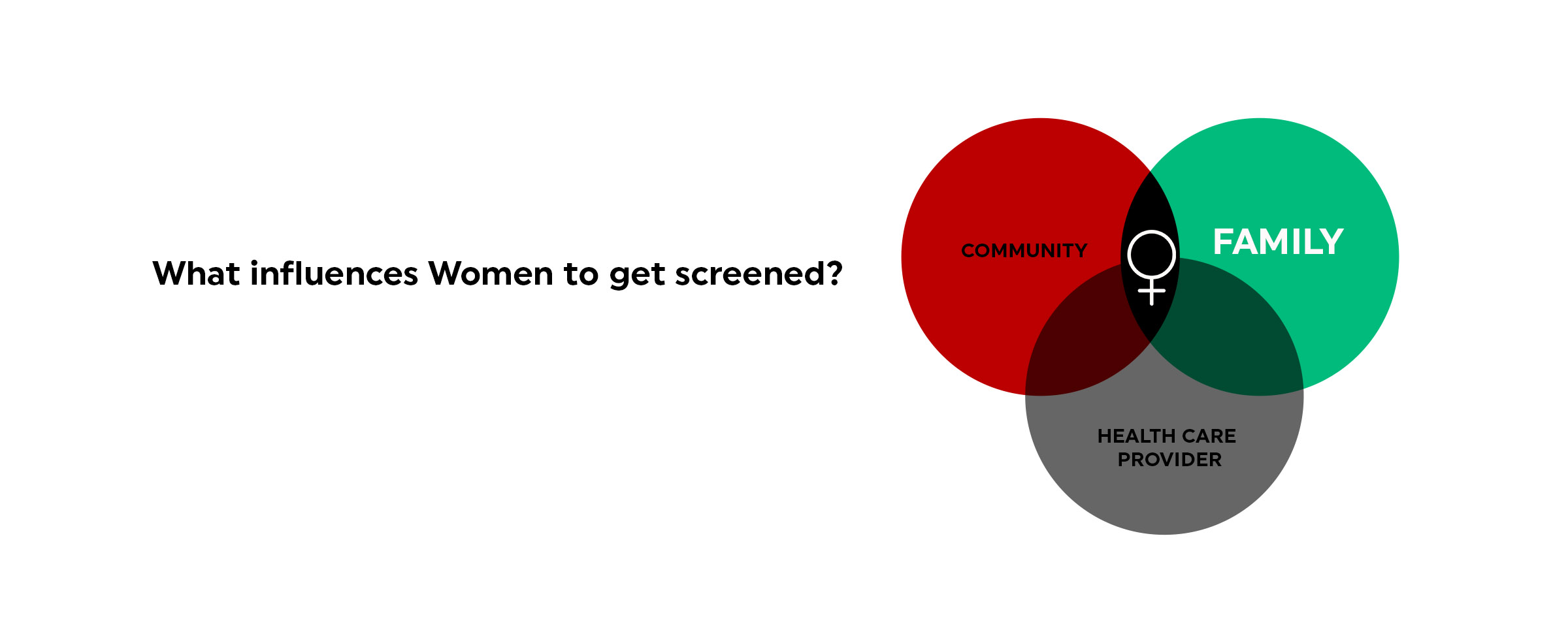21 Apr About
The Kin Keeper
Preventing cancer can be a daunting prospect for many people, but can be even more challenging for groups without easy access to cancer prevention information. But Karen Patricia Williams, PhD., is using her expertise in community-based participatory research and women’s health to help African-American and other underrepresented women receive potentially life-saving preventative health care information in the comfort of their own homes and with the support of their families.
Concerned that the burden of breast and cervical cancers fall more heavily on African-American women than on their Caucasian and Asian counterparts, Williams focused on finding a positive and culturally-relevant method to address this challenge. Through her research, Williams found that the strong family bonds that exist among African-American women provide a good framework for information-sharing and encouragement to follow through on having mammograms and other cancer screening procedures. Taking advantage of this strong support system, Williams developed the Kin Keeper Cancer Prevention Intervention, a familial approach to cancer prevention and management.
The Kin Keeper Cancer Prevention Intervention is a female family-focused intervention. The conceptual is based on the premise that the natural ways that women communicate health messages to women in their families (mother, grandmother, sister, daughter, and aunt) can be used to influence cancer prevention and screening behaviors. As a women’s health advocacy intervention, Kin Keeper emphasizes the reinforcing factors of family and the CHW to achieve the desired health outcome of cancer prevention and screening behavior. The intervention integrates health literacy into a family setting, 1) teaching the dynamic screening guidelines, 2) what to expect when screened, 3) how to communicate with health care providers regarding screening results and 4) introducing various community-based resources. It incorporates various indigenous lay health models in concert with community development principles of capacity building.


We know timing for screening is crucial for early detection and early detection is critical for survival. To be effective breast and cervical cancer screening should be done on a regular recurring bases in accordance to guidelines.
But women are not consistent in adhering to early detection and preventive screenings
Therefore we want to rethink our health promotion and disease prevention intervention designs


